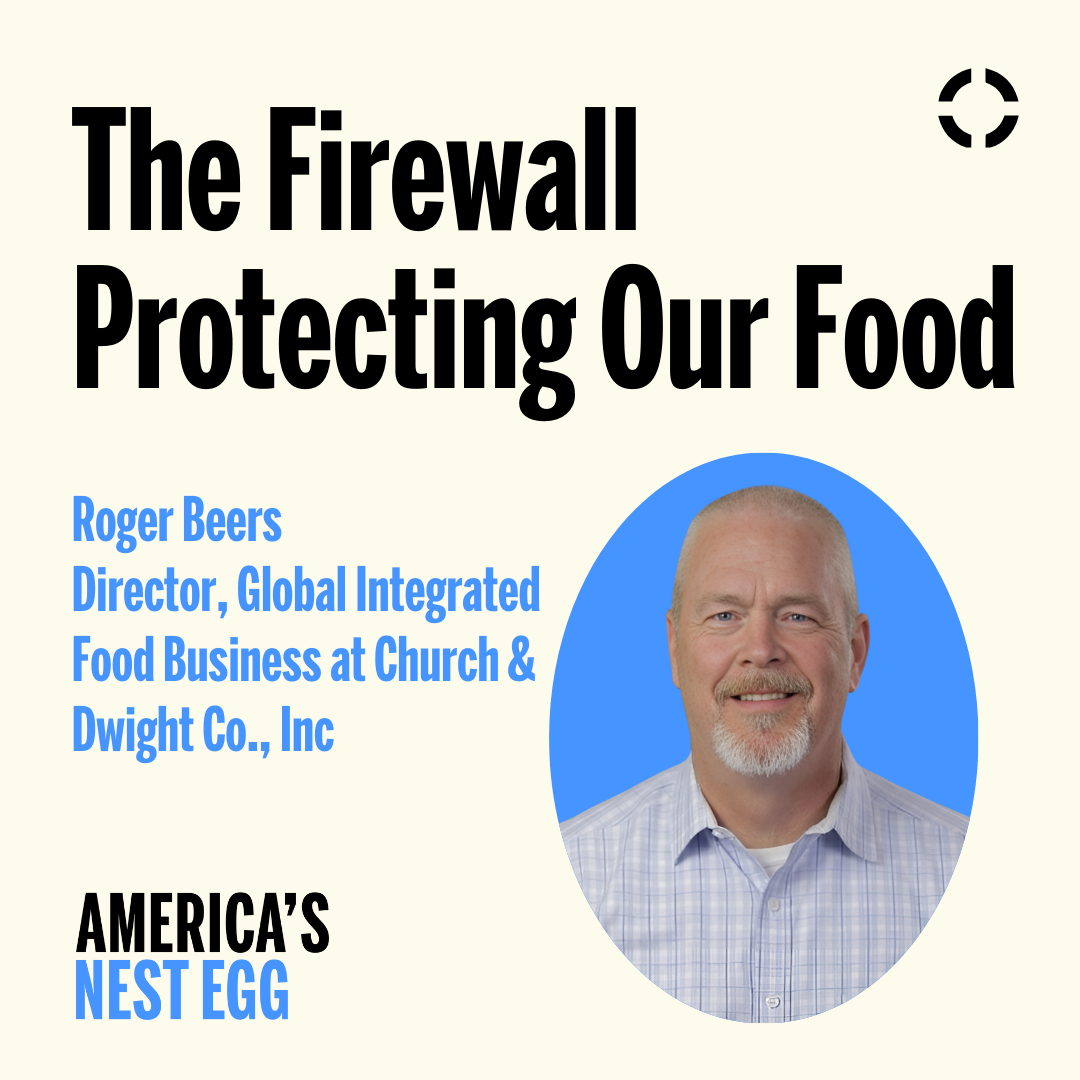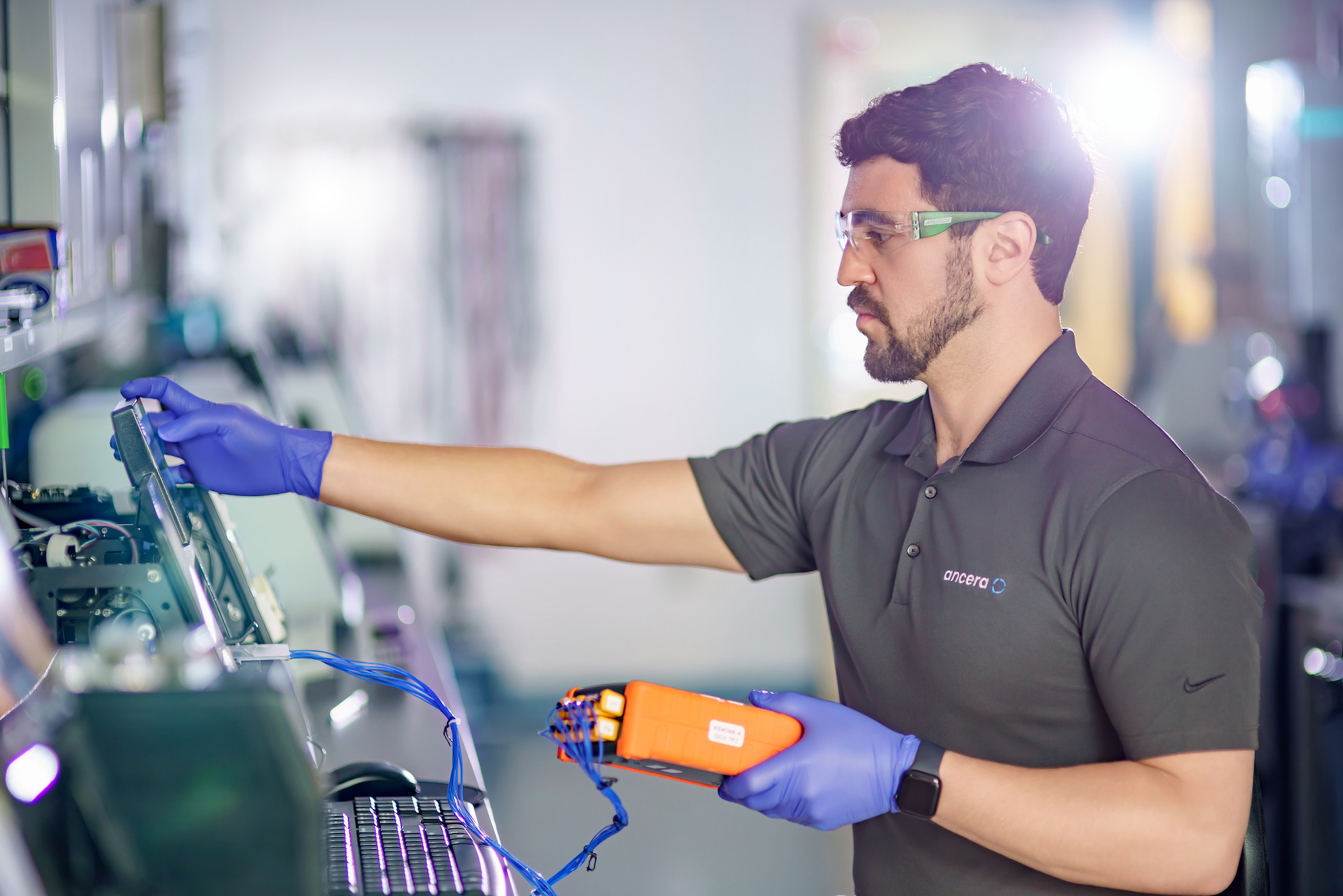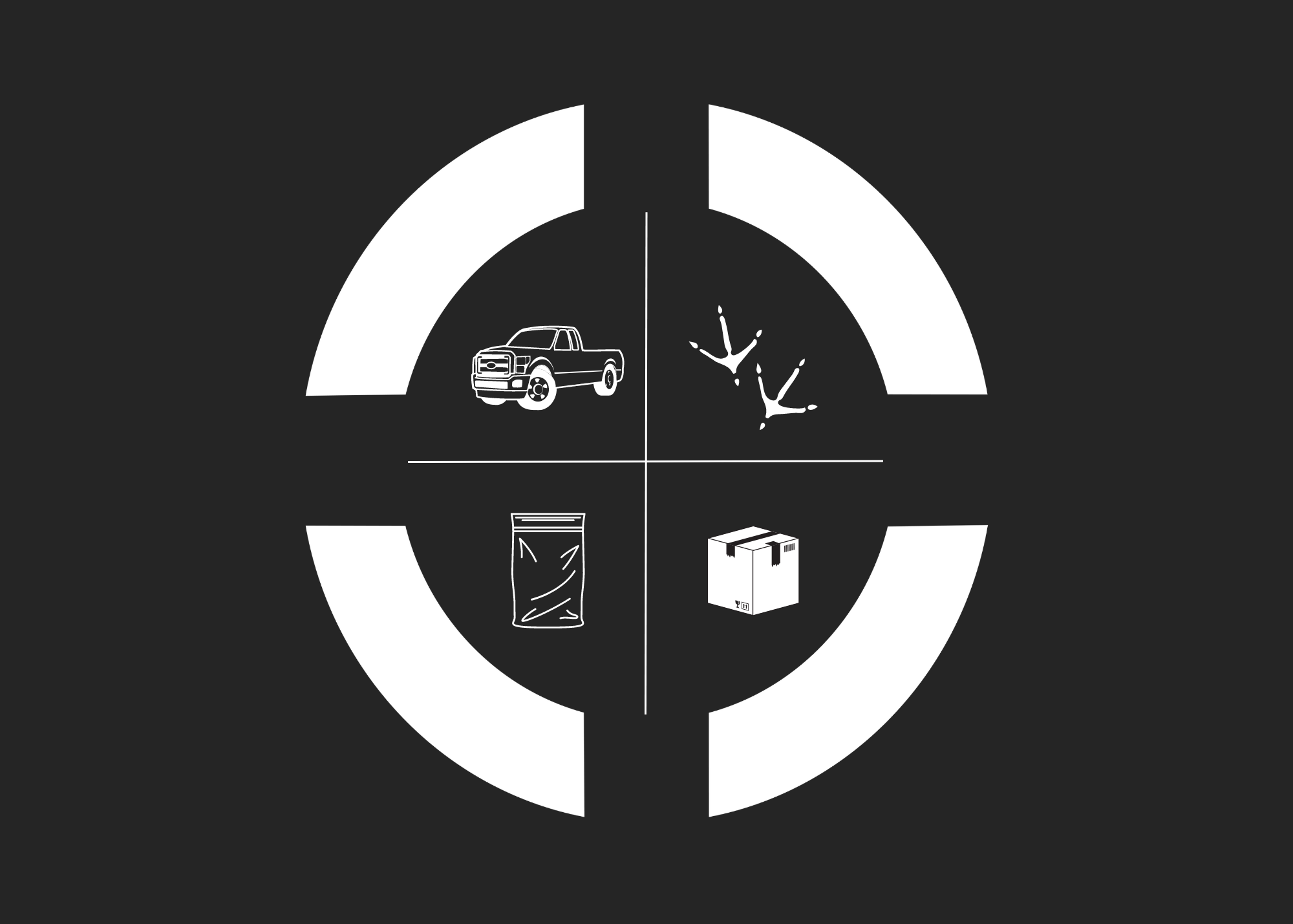In the poultry industry, margins are razor-thin, and every penny spent needs to pull its weight. For too long, poultry companies have leaned on diagnostics and contract labs as a crutch, ticking compliance boxes and relying on gut instinct to make important decisions. But outdated tools and guesswork does not make for a reliable strategy, and more tests aren’t the answer.

Publication
The Science of Food Safety with Abigail Thiel, PhD
Abigail Thiel, PhD, is a food scientist who artfully blends academic research with science communications as a content creator on her channel, Abbey the Food Scientist.
Her journey started at the University of Wisconsin – Madison while looking for a new major. After speaking with a professor who explained exactly what food science was, she was hooked. Thiel would go on to earn a bachelor's, master's, and PhD in food science, all at UW–Madison. She would go on to do postdoctoral research focused on dairy products and currently serves as project manager at Wageningen University & Research.
Dr. Thiel started a YouTube channel after finding some unanticipated extra time during the covid pandemic in 2020. After a bit of hesitation mixed with cabin fever, she started making her first few YouTube videos as Abbey the Food Scientist.
“I just want to put the information out here in a way that a high schooler can understand, that anyone can understand,” Thiel said.
Her videos have over one million views with the singular mission of helping people make more informed food choices.
Pasteurization and the Return of Raw Milk
A preference for raw milk is on the rise, with sales increases estimated as high as 65% in just the last year.
“A lot of consumers have this idea that raw is better,” Thiel said. “But before we started pasteurizing raw milk, a lot of the Tuberculosis cases were because people were drinking milk from cows that have Tuberculosis.”
In the first 30 years of the 1900s, the United States started encouraging and eventually requiring pasteurization of all milk except from cows proven to be free of tuberculosis.
“Pasteurization is a specific heat step to destroy any microorganisms that make humans sick,” Thiel said. “We know exactly what time and temperatures to go to so that milk will not make people sick anymore.”
Proponents of raw milk say it is more nutritious without the process of pasteurization. Thiel says the science does not support this claim, pointing to the lack of protein denaturation.
Interested in learning more about raw milk and pasteurization? Check out Abbey the Food Scientist’s video.
The Confusing Nature of GMOs and Bioengineered Food
The USDA defines bioengineered food as food that contains genetic material that has been modified through certain laboratory techniques and for which the modification could not be obtained through conventional breeding or found in nature.
Thiel says that Congress laid out these new definitions in a confusing way. Bioengineered food is essentially a new term for a “stricter definition” of genetically modified organisms (GMOs) because it doesn’t encompass all GMOs.
“For example, if you use a microorganism that you genetically modified to make something, like to make a certain protein, that protein – although it was made from the GM organism – that protein is not bioengineered, because it doesn’t contain the modified genetic material.”
“Only the microorganism is bioengineered, not what it makes necessarily.” Thiel said.
It's understandable why many Americans have a negative opinion of bioengineered foods. In a country with an abundant food supply, where grocery shelves are fully stocked year-round, it’s easy to see why people would be averse to bioengineering. But in a country with less rich soil, where food is scarcer, Thiel speculates that there would be more favorable views toward making crops easier to grow.
Learn more: Bioengineered foods hit American grocery stores
Dairy Research and Innovation
Fitting her Wisconsin roots, Thiel’s research is primarily focused on dairy products. Her PhD work focused on looking at the microstructures in foods like ice cream and whipped topping. Her post-doc research in dairy milk has led to some really interesting projects, including one on precision fermentation.
The idea is to give yeast cells the instructions to make milk proteins, cultivate those cells in a bioreactor, and then separate the yeast from the protein to make animal-free dairy products like cheese and yogurt.
Her research team is now looking into the sustainability and scalability of the technology, and how to best separate the yeast from the proteins.
Thiel says it’s important for people to understand and appreciate the differences between various kinds of milk. Just because they look the same, each has tremendously different properties. Simply put, “a milk isn’t a milk isn’t a milk."
The Salad Bar Incident: Willful Contamination
We often take the defense of our food supply for granted, but the United States has a few interesting cases of bioterrorism in its history.
In 1984, 751 people suffered food poisoning in a small town called The Dalles in Oregon. After a lengthy investigation, it was found that members of a local spiritual cult were the culprits. A group of Rajneesh followers deliberately contaminated the salad bars at several restaurants with Salmonella.
“This was only their practice run, interestingly,” Thiel said. “They were going to try to sway upcoming local elections.”
Several people involved in the crimes were prosecuted and sent to prison, and the incident is now considered the largest act of bioterrorism in the United States.
Consumer Trends Moving Toward Sustainability
Consumers are continuing to shift their buying preferences to support more sustainable practices, leading to more technical breakthroughs in the food industry.
“For example, in the beef industry, they’re trying to make more beef products but not with all the environmental pollution or not having to slaughter millions of cows every year.”
Innovative food producers are using cellular agriculture and precision fermentation to cultivate animal-free meat and dairy products.
America’s Nest Egg
The America’s Nest Egg podcast hosts conversations on the poultry industry, biotech, and more. Listen to the full episode with Abigail Thiel.
Subscribe to America’s Nest Egg and join the conversation.










.png)






























